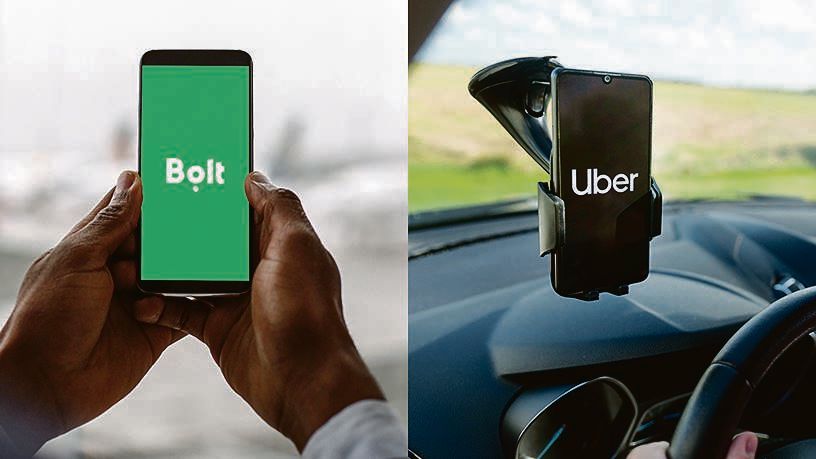Introduction
Ride-hailing giants Uber and Bolt have raised alarms over the proposed 6% Significant Economic Presence Tax (SEP) in Kenya, arguing that the new tax could render their operations in the country unsustainable. The tax is part of the Finance Bill 2024, currently under review by the Kenyan parliament.
Impact on Ride-Hailing Business Models
George Abasy, Bolt’s public policy manager, highlighted to a parliamentary committee on finance and planning that the SEP would increase the effective tax rate for non-resident companies in the digital market space to 22% on gross turnover. This calculation does not account for the companies' operating costs, which could severely impact their profitability.
Celia Kuria, Bolt’s tax manager, further explained that the new tax could turn rides costing less than KES500 into net losses, undermining the core business model of these apps, which predominantly cater to short urban and peri-urban trips.
Comparisons with Other Markets
Representatives from Uber and Bolt pointed out that similar taxation policies in Nigeria had led to the withdrawal of several foreign firms. They warned that the introduction of SEP in Kenya could have a similar effect, pushing out international digital service providers and leading to a contraction in the market.
Potential Economic Consequences
Industry experts cautioned that increased operational costs due to the SEP could erode the already thin margins of ride-hailing companies, adversely affecting drivers' earnings. This could potentially result in a market collapse and trigger significant job losses in an economy already struggling with high unemployment rates.
Appeals to Parliament
Uber has called on the National Assembly to reject the tax proposals put forward by the National Treasury. The company emphasized that the SEP, as proposed, lacks clear guidelines on how a non-resident entity would be deemed to have a significant economic presence in Kenya, thereby becoming liable for the tax.
Broader Industry Concerns
The debate over the SEP tax is part of a larger discussion on tax reforms in Kenya. Other industry groups, such as the Kenya Association of Manufacturers (KAM), have also voiced their concerns. They have urged the legislature to reconsider the SEP along with other proposed taxes, including the eco-tax, VAT on banking fees, and higher excise duties on various goods and services.
Government’s Revenue Goals
The push for new taxes comes as President William Ruto's administration seeks to raise additional revenue to repay national debt and fund key campaign promises, such as affordable housing. However, the proposed taxes have sparked significant opposition from multiple sectors of the economy.




